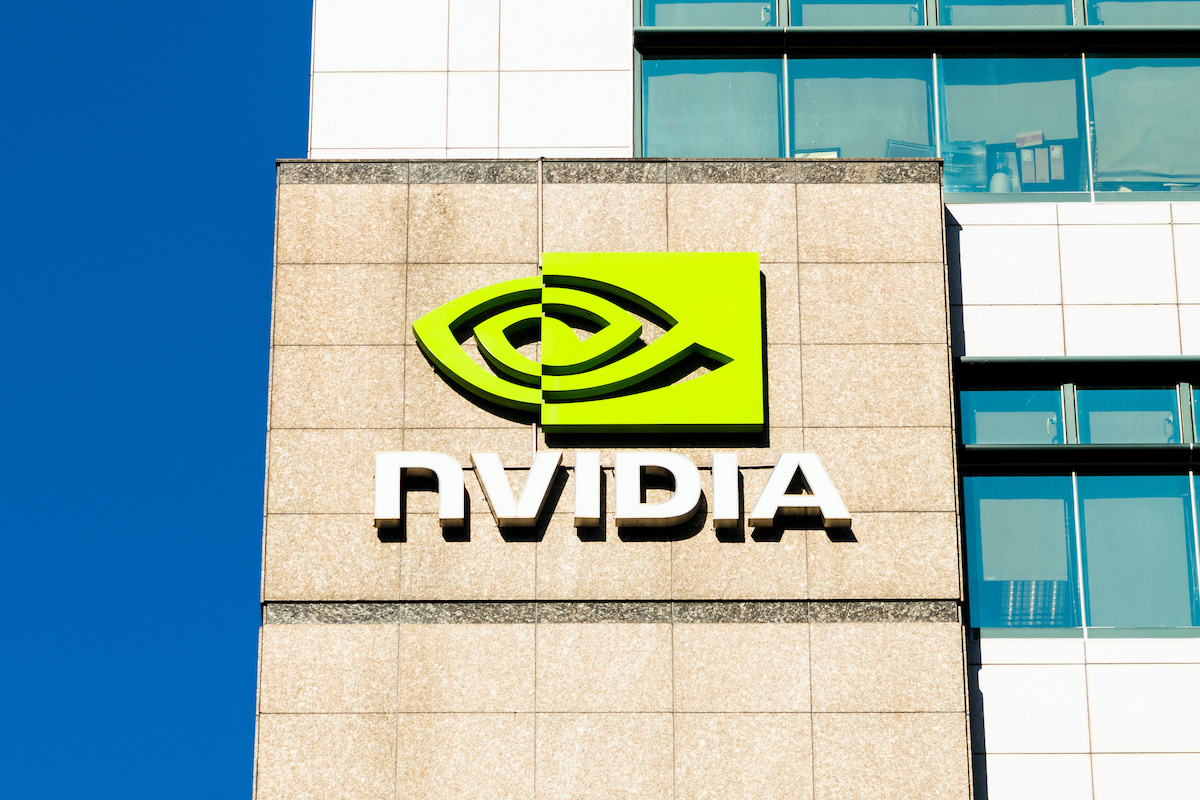At the forefront of the tremendous growth of the technology sector in recent years, driven mainly by artificial intelligence, is undoubtedly NVIDIA, whose products and are currently unmatched. The company, best known for its invention of graphics processing units as we know them today (GPUs), has emerged stronger than ever after the chip crisis caused by the Covid-19 pandemic and its value has multiplied. The data centres of numerous global companies rely on its innovative Bluefield, Grace, and most recently Blackwell GPU architecture. Even before the financial results were released, there was some concern about whether NVIDIA stock was slightly overvalued. We now know that those fears have not been realized. At least for now.
Record breaking revenue
NVIDIA's total revenue for the Q1 of FY 2025 (period from January 29 to April 28, 2024) was $26 billion, up 262% year-over-year. Consensus revenue expectations were at $24.7 billion. The financials were massively boosted by data centre revenue, which reached an all-time high of $22.6 billion, up 427% from the same period last year. Moreover, the company's net profit grew 628% to $14.9 billion compared to Q1 of FY 2024, and net profit margin was a whopping 57%, an unprecedented number for a huge company like NVIDIA. Just for comparison, Microsoft's net profit margin for its most recent quarter was approximately 35%, while Apple's came in at 26%. NVIDIA's financial guidance for the next quarter also beat expectations, with the company pegging its Q2 revenue guidance at $28 billion, compared to analysts' estimates of roughly $26.7 billion.[1] Following the news, NVIDIA stock surpassed the $1,000 mark.* In addition, the company also announced their 10-for-1 stock split, valid from June 7 of this year.

Source: Investing.com*
What’s behind NVIDIA’s success?
NVIDIA CEO Jensen Huang highlighted the company's role in the ongoing AI-powered industrial revolution, with the launch of various platforms such as the aforementioned Blackwell, Spectrum-X and NVIDIA NIM that leverage the technology on a large scale. NVIDIA has also expanded collaborations with major cloud service providers and companies in a variety of industries, including automotive and healthcare. Its products have also made inroads in the field of generative artificial intelligence through the deployment of chatbots and the development of AI models capable of voice and video interaction. Huang emphatizes the importance of 3D video and advanced machine learning systems, which are increasing the demand for powerful chips. Such chips are used by Google's DeepMind or OpenAI's Sora, which can generate any kind of video in a matter of moments based on text-based commands.
Return on investment in artificial intelligence
Companies like NVIDIA and their suppliers are seeing huge revenues thanks to the more and more companies’ determination to jump on the AI bandwagon. Many have already invested or are planning to invest heavily in the technology, often diverting from their original core businesses to do so. One such example is Meta, where, while it posted decent financial results for its most recent quarter, its announced billion-dollar AI research spending has frustrated investors and prompted concerns about such investments returns. These concerns are based on the fact that not every business can turn such spending into a long-term source of revenue. There is no doubt that the use of AI has huge potential across industries, but there is the possibility that the current steep growth still has fragile foundation.
Energy consumption of data centres
Research from Goldman Sachs estimates that electricity consumption in data centres will increase by 160% by 2030. Chatbots like ChatGPT consume about 10 times the amount of electricity compared to Google's search engine, according to the report, not to mention AI models that can generate images and videos. This technology will require a huge amount of energy in the future, and that means more carbon emissions, which is in direct contradiction to the agreements to reduce greenhouse gases. At present, data centres account for 1-2% of the world's electricity consumption and this is set to rise to 3-4% by the end of the decade. However, there is hope not only in the form of renewables, but also in the ongoing drive to make these centres more energy efficient. NVIDIA is one of the companies that is constantly innovating its technology to achieve the lowest possible consumption, as evidenced by its high ranking on the Green500 list of the most energy-efficient PCs.
Conclusion
NVIDIA is undoubtedly evidence of the enormous growth of AI's global influence. In the words of company’s CEO, it seems that we are indeed experiencing a new industrial revolution. However, only time will tell whether firms will be able to profit from this technology in the long term and whether their billion-dollar investments will make sense. But despite the numerous obstacles, it looks like we have an exciting future with artificial intelligence ahead of us.
Sources:
https://www.nvidia.com/en-eu/data-center/
https://nvidianews.nvidia.com/news/nvidia-announces-financial-results-for-first-quarter-fiscal-2025
https://www.goldmansachs.com/intelligence/pages/AI-poised-to-drive-160-increase-in-power-demand.html
https://blogs.nvidia.com/blog/green500-energy-efficient-supercomputers/
* Data relating to the past are not a guarantee of future returns.
[1] Forward-looking statements represent assumptions and current expectations that may not be accurate or are based on the current economic environment, which may change. These statements are not guarantees of future performance. Forward-looking statements inherently involve risk and uncertainty because they relate to future events and circumstances that cannot be predicted and actual developments and results may differ materially from those expressed or implied in any forward-looking statements.
Warning! This marketing material is not and must not be understood as investment advice. Data relating to the past is not a guarantee of future returns. Investing in a foreign currency can affect returns due to fluctuations. All securities transactions can lead to both profits and losses. Forward-looking statements represent assumptions and current expectations that may not be accurate or are based on the current economic environment, which may change. These statements are not guarantees of future performance. InvestingFox is a trademark of CAPITAL MARKETS, o.c.p., a.s. regulated by the National Bank of Slovakia.
 Polish
Polish
 English
English
 Slovak
Slovak
 Czech
Czech
 Hungarian
Hungarian
 Italian
Italian





